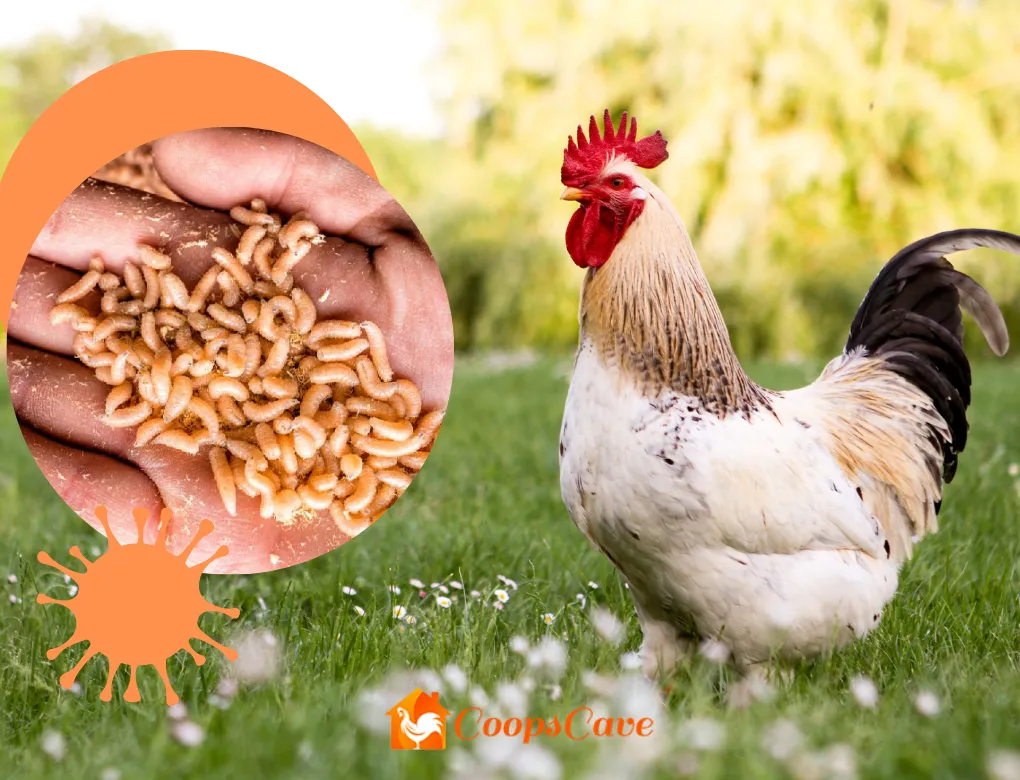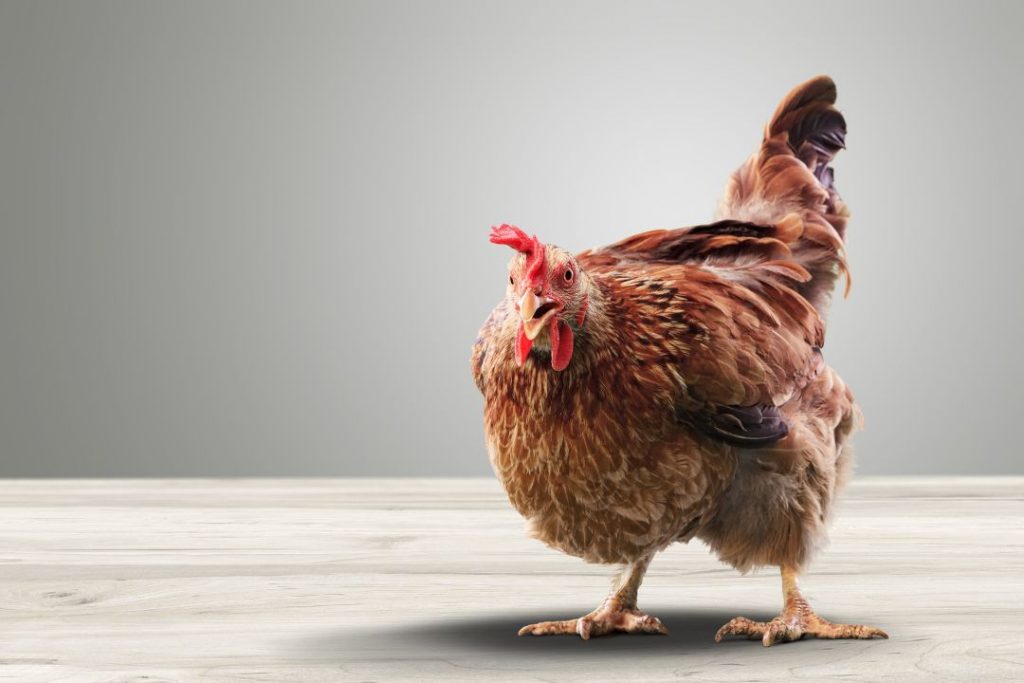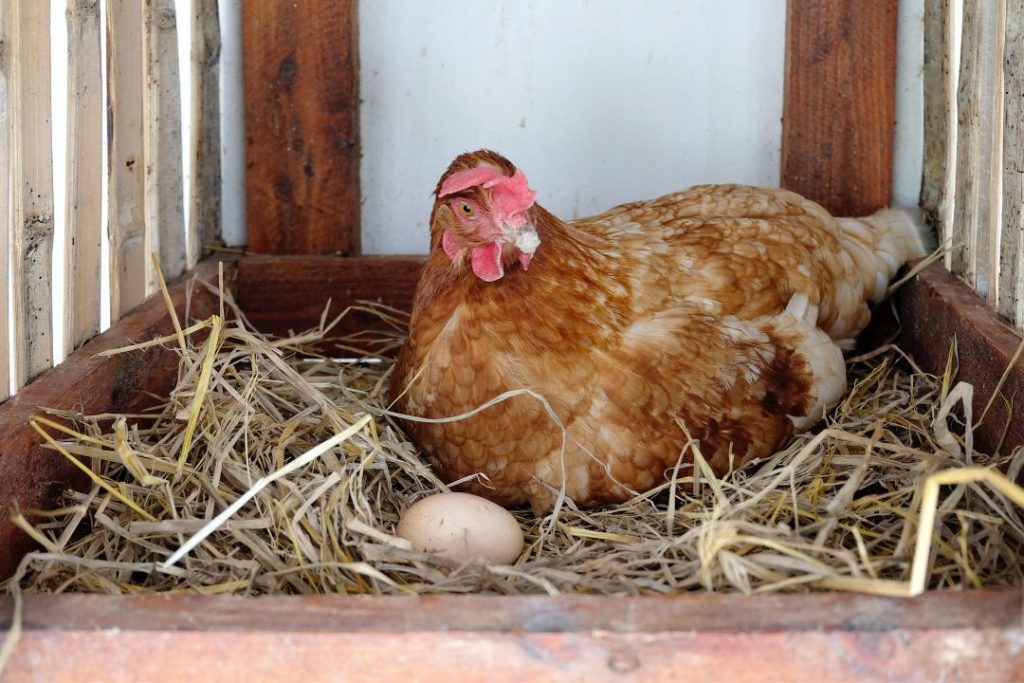Many chicken owners have asked themselves questions at one point, that is, “Can maggots kill chickens”?
Unfortunately, the answer is yes. Flystrike is a condition that is caused by maggots. This condition can be deadly for your chickens if you fail to treat them promptly and adequately.
In today’s comprehensive guide, we’ll discuss the details of flystrike, how it affects your chicken, and how to deal with it. So, let’s start:
Can Maggots Kill Chickens?
Yes, maggots can kill chickens. Maggots are the larvae of flies. They hatch from eggs laid by flies on chickens.
These flies are attracted to dirt, wounds, or soiled feathers. Chickens with these conditions are at risk. Once hatched, larvae burrow into the chicken’s skin. They start feeding on the chicken’s flesh.
This feeding causes severe damage. It leads to painful wounds and potential infections. The chicken’s health rapidly deteriorates during this process. If untreated, your chicken can die.
Maggots can cause a condition called flystrike. Flystrike is deadly if not treated promptly. So, maggots can indeed kill chickens. There is no chance of overlooking maggots as it’s a serious issue requiring immediate attention.
What Is Flystrike?
Flystrike is a condition where flies lay eggs on animals, causing maggots to infest their skin. It commonly affects sheep, rabbits, and other wool or dense fur animals. The eggs hatch into maggots that feed on the animal’s flesh. It causes severe pain and distress in your chicken’s body.
Prevention of flystrike involves regular animal checks, clean living conditions, and insect control measures. Treatment may include removing larvae, cleaning the affected area, and using insecticides.
Early detection and prompt action are crucial to minimize the harm caused by flystrike. Flystrike is a severe welfare concern and requires immediate veterinary attention. Proper husbandry practices and vigilant monitoring can help prevent this distressing condition.
How Does Flystrike Occur?
We divide this part into the following sections to understand how flystrike occurs. Let’s go through it.
The Role Of Flies
Flies play a pivotal role in the occurrence of flystrike. Naturally, flies are attracted to damp and dirty conditions. This is where your birds come into the picture. Chickens with wounds or soiled feathers create an ideal environment for flies.
When a chicken cannot clean itself properly, it becomes even more appealing to flies. The presence of dirt, feces, or open wounds on a chicken’s body is like a beacon, signaling flies to come.
Once a fly finds a suitable host, it lays its eggs on the chicken. This is usually in the damp or dirty areas of your chicken’s body. The eggs are tiny, often unnoticed until they hatch. This marks the beginning of the lifecycle of a maggot.
The Lifecycle Of A Maggot
The maggot’s lifecycle is a grim process for the host, specifically for your chicken. Once the fly lays its eggs, then it hatch into larvae. Commonly this larva is known as a maggot. Usually, within 24 hours, the hatching process occurs.
The larvae begin their dangerous journey immediately after hatching. They burrow into the chicken’s skin, creating a wound if there wasn’t one already. After that, they start feeding on your bird’s flesh.
In summary, flystrike is a combination of flies’ attraction to dirty conditions and the lifecycle of a maggot. It’s a severe condition that can lead to the rapid decline of your bird’s health.
Signs And Symptoms Of Flystrike
If you can detect flystrike immediately, it will increase your chicken’s survival rate. The common signs and symptoms of flystrike are:
- Lethargy or unusual behavior
- Loss of appetite
- Visible wounds or sores
- Presence of flies around the chicken
- Unpleasant smell
The Impact Of Flystrike On Chickens
1. Physical Impact
Flystrike can cause severe physical harm to chickens. The maggots can eat your bird’s flesh, leading to painful wounds and potential secondary infections.
2. Psychological Impact
The discomfort and stress caused by flystrike can lead to behavioral changes in chickens. They may become less active, stop eating, and show signs of distress.
Can Flystrike Be Treated?
Yes, flystrike can be treated, but it requires immediate action. Removing all visible maggots and cleaning your chicken’s affected areas is the first step.
For further treatment, it’s essential to consult with a vet. The vet may suggest antibiotics to prevent secondary infections.
Preventing Flystrike
There is a common proverb that prevention is always better than cure. To prevent flystrike, follow the common steps below:
- Keep your chickens clean and dry
- Regularly clean the coop
- Check your chickens regularly for wounds or sores
- Use fly deterrents
Final Thought
The question, “Can maggots kill chickens?” is met with a resounding yes. Maggots, the larvae of flies, can indeed be fatal to chickens. They are the primary agents of a devastating condition known as flystrike.
Early detection is vital in managing flystrike. By being vigilant and observing your chickens for signs of distress or unusual behavior, you can catch flystrike in its early stages and intervene before it becomes fatal.



